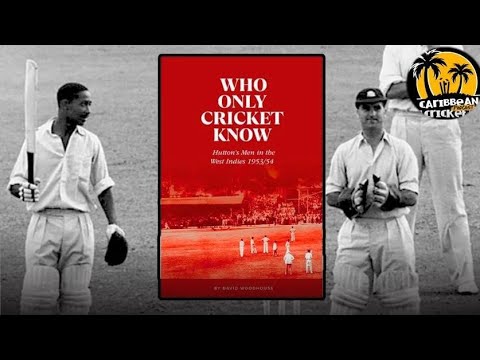In the annals of sporting history, moments of triumph are often sealed with the raising of a trophy – a tangible symbol of victory. However, the recent Asia Cup final between India and Pakistan in Dubai presented a peculiar anomaly: champions without their coveted prize. What began as a contest of skill on the cricket pitch swiftly devolved into a high-stakes diplomatic standoff in the boardroom, casting a long shadow over India`s commanding five-wicket win.
A Victory Overshadowed: The Trophy That Wasn`t
India`s performance was nothing short of dominant, culminating in a decisive victory. Yet, as the final ball was bowled, the usual celebratory atmosphere gave way to an unsettling tension. The issue at hand was the trophy presentation itself. Mohsin Naqvi, wearing two hats as the Chief of the Pakistan Cricket Board (PCB) and the President of the Asian Cricket Council (ACC), insisted on his prerogative to present the winner`s trophy. The Indian team, however, made it unequivocally clear: they would not accept the award from him.
This wasn`t merely a matter of protocol; it was a deeply political statement. As BCCI Secretary Devajit Saikia articulated, “We have decided not to take the trophy from the ACC chairman, who happens to be one of the main leaders of Pakistan. So we will not accept it from him.” The immediate consequence was an unprecedented delay, leaving players and spectators alike in an awkward limbo, culminating in the Indian team receiving only individual sponsor awards, while the championship trophy remained conspicuously absent.
From Pitch to Protest: Escalation to the Boardrooms
The incident quickly transcended the boundaries of the stadium, morphing into a formal grievance to be lodged at the highest echelons of international cricket governance. The Board of Control for Cricket in India (BCCI) wasted no time in hardening its stance, announcing its intention to escalate the matter to the International Cricket Council (ICC). A “very serious and very strong protest” is anticipated at the upcoming ICC conference in November, with calls for the unpresented trophy and medals to be returned to India.
Adding another layer to this intricate saga, an ACC meeting in Dubai is also on the docket, where the trophy standoff is expected to dominate discussions. This meeting itself carries forward “unfinished business” from a previously adjourned AGM in Dhaka, highlighting the persistent undercurrents of tension that have long characterized the relationship between the two cricketing boards.
The Unspoken History: Political Strokes on a Sporting Canvas
The roots of this particular logjam run deeper than a mere post-match disagreement. Tensions reportedly simmered even before the first ball was bowled, notably concerning representation at the pre-match toss. More tellingly, the incident followed a contentious social media exchange. Following Prime Minister Narendra Modi`s congratulatory message to the Indian team – which controversially referenced `#OperationSindoor` – Naqvi issued a rather sharp retort, suggesting that “dragging war into sport only exposes desperation and disgraces the very spirit of the game.” This exchange underscores the fragility of sports diplomacy in this highly charged geopolitical context.
Indeed, this isn`t Naqvi`s first dance with controversy. Earlier in the year, he conspicuously absented himself from the Champions Trophy final in Dubai, despite PCB being the host of that ICC event. His presence and insistence on presenting the Asia Cup trophy this time, however, indicated a clear intention, born, perhaps, from a confidence in his team`s prospects. The irony, of course, is that this resolve led not to a celebrated presentation, but to an international incident.
A Conundrum for Cricket`s Governing Bodies
The ongoing logjam presents a significant challenge for both the ACC and the ICC. How do global sports organizations navigate such politically charged disputes between member nations, especially when the very essence of sporting achievement – the trophy – becomes a bargaining chip? The host`s closing remarks, confirming India`s non-collection of awards, effectively drew a curtain on a ceremony that never truly materialized.
The question of “what next?” remains pertinent. Naqvi`s reported suggestion that India could receive their medals from him in a “formal function” seems, at this juncture, more a perpetuation of the impasse than a solution. It is highly improbable that such a function would ever be arranged under the prevailing conditions.
In an era where sports often aim to unite, the Asia Cup trophy standoff serves as a stark reminder of the persistent entanglement of politics and play. While India secured a definitive victory on the field, the true “winner” of the post-match drama remains elusive, leaving the cricketing world to ponder the delicate balance required to keep the spirit of the game alive amidst the complexities of international relations. The saga of the unpresented crown continues, a testament to cricket`s unique ability to reflect, for better or worse, the world beyond the boundary ropes.

